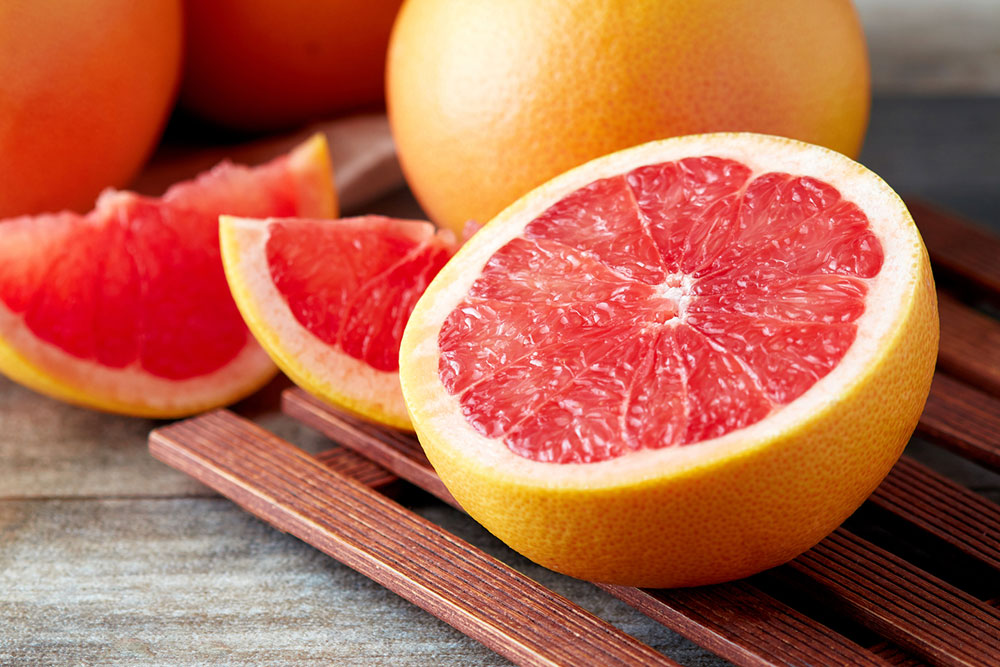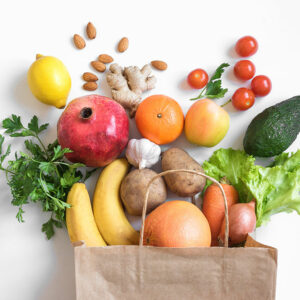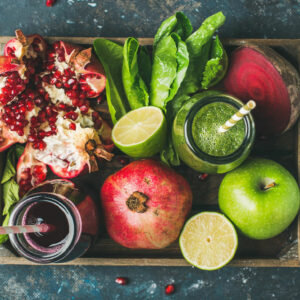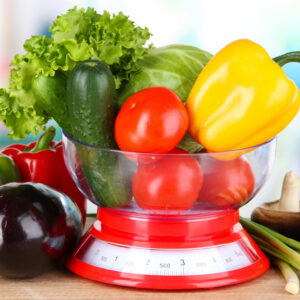Avoid these 8 foods to manage cold sores

The herpes simplex virus causes fever blisters or cold sores. They generally appear on the lips and the skin around them. Blisters may appear individually or in groups of ten. They may be a painful infection, leaving patients ill for many days. And since they are open sores, they are susceptible to inflammation caused by the food one eats, affecting healing time. This article enlists eight foods people must avoid when dealing with such sores.
Citrus fruits
While citrus fruits are an excellent vitamin C source, essential to boost immunity, they are also highly acidic. As a result, they may cause a burning sensation when they come in contact with a blister. Opt for red bell peppers or strawberries instead of oranges, grapefruits, and lemons to maintain healthy vitamin C intake.
Processed foods
Processed foods may also be detrimental to one’s health during a cold-sore outbreak. This is because processed foods may weaken the immune response, reducing the body’s ability to fight the virus. One must avoid ultra-processed foods like frozen meals, processed pasta dishes, high-calorie snacks, pizzas, and sugary breakfast cereals.
Refined sugar
The excessive intake of high amounts of refined sugar may also negatively impact gut and immune health, prolonging recovery time.
Pickles
Pickles, as well as other vinegar-rich condiments and sauces, are acidic. This can also aggravate cold sores and worsen inflammation.
Arginine-rich foods
The herpes simplex virus feeds on arginine, an amino acid, to reproduce and thrive in the body. Avoiding arginine-rich foods can help reduce the severity and duration of the outbreak. Some foods that contain high levels of arginine include:
- Flaxseed
- Chocolates
- Spinach
- Whole grains
- Almonds
- Peanuts
- Hazelnuts
- Walnuts
- Poultry products
- Soy
Caffeine
Preliminary studies have shown that caffeine may negatively affect healing. This has been linked to the impeding of keratinocyte proliferation and migration. While more conclusive evidence is required, avoiding caffeinated beverages such as tea and coffee may help heal sores faster.
Spicy foods
Hot and spicy foods can also trigger inflammation and cause immense discomfort among those with cold sores.
Artificial sweeteners
Artificial sweeteners have been associated with a weakened immune response, reducing one’s ability to defend the body against viruses. Additionally, it may cause an imbalance of amino acids such as arginine and lysine in the body. This may trigger cold sores or worsen inflammation. When purchasing food products, read the ingredients list carefully, and avoid products that contain artificial sweeteners.
Cold sores may also be triggered by other factors such as extreme weather, illness, fatigue, hormonal changes, exposure to wind, physical injury, surgery, dental treatment, or periods of stress or poor sleep. While it may not always be possible to avoid blisters from appearing, one can alter their food plan to include healthy, lysine-rich foods to boost one’s immunity. Some examples of foods containing lysine include beef, pork, fish, cheese, and fenugreek seeds. One must also focus on consuming foods packed with antioxidants, such as berries and red bell peppers. Lastly, one must also include a healthy dose of B-complex vitamins (found in broccoli, eggs, and green beans), probiotics, omega-3 fatty acids, and zinc (found in chickpeas, wheat germ, and pork) in meal regimes.



